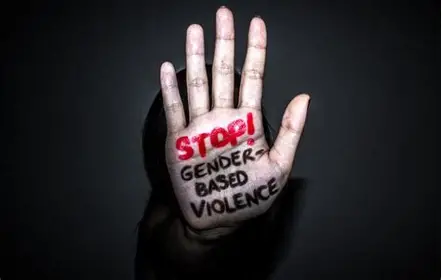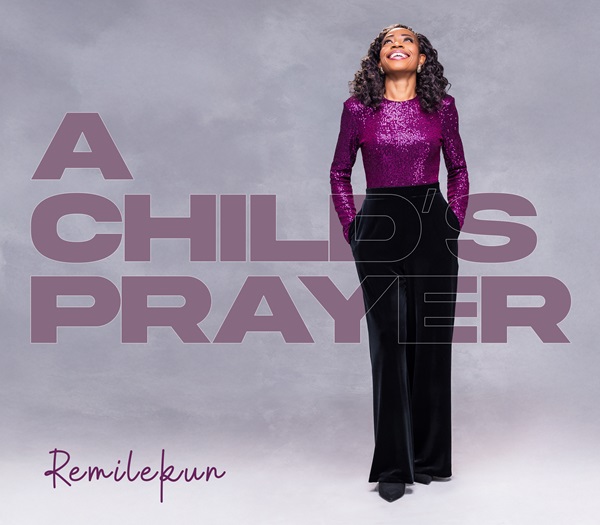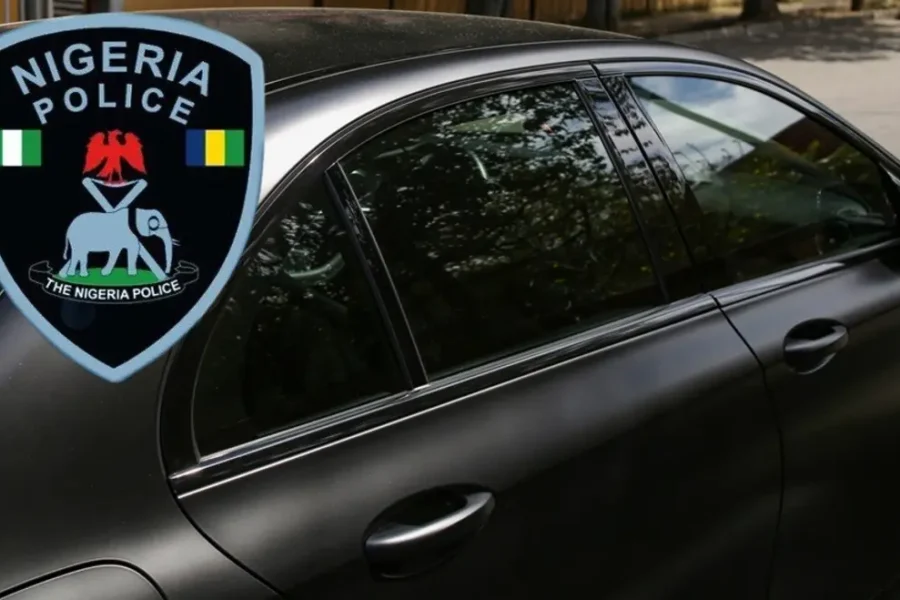Addressing Gender-Based Violence in Nigeria: Legal Obligations and Implementation Challenges
A Legal Analysis by Chinwendu Judith Obierefu
Introduction Nigeria faces persistent challenges in combating gender-based violence (GBV), despite having extensive legal frameworks at both international and domestic levels. This comprehensive analysis examines the nation’s legal obligations and implementation gaps in protecting women and girls from violence across all social strata.
Understanding Nigeria’s Legal Framework
Constitutional Foundations Nigeria’s 1999 Constitution provides fundamental protections through sections 33 (right to life), 34 (human dignity), and 42 (non-discrimination). The landmark case Uzoukwu v Ezeonu II (1991) established that the state holds both negative and positive duties in protecting these rights.
International Commitments Nigeria has ratified several key international instruments, including: – CEDAW (1985) – African Charter on Human and Peoples’ Rights – Maputo Protocol (2004) – Convention on the Rights of the Child (1991)
The Supreme Court’s decision in Abacha v Fawehinmi (2000) confirmed that domesticated treaties have full legal force in Nigerian courts.
Domestic Legislative Response
The VAPP Act 2015 stands as Nigeria’s most comprehensive anti-GBV legislation, criminalizing: – Sexual violence – Domestic abuse – Female genital mutilation – Harmful widowhood practices – Psychological and economic abuse
However, its jurisdiction remains limited to the Federal Capital Territory, though some states have adopted similar measures.
Implementation Challenges
Despite robust legal frameworks, several obstacles impede effective enforcement: 1. Cultural barriers and patriarchal norms 2. Limited institutional capacity 3. Jurisdictional complexities 4. Victim stigmatization and underreporting
Recent Judicial Progress Courts have shown increasing willingness to address GBV. Notable cases include: – Bassey v State (2019): Emphasizing state duty to protect victims – FRN v IGP (2020): Upholding rights to protest against sexual violence – WARDC v Attorney-General (2018): Recognizing state failure in domestic violence protection
Recommendations for Reform
To meet international obligations, Nigeria must: 1. Fully domesticate international treaties 2. Expand VAPP Act implementation nationwide 3. Establish specialized GBV courts 4. Strengthen victim support systems 5. Enhance collaboration with civil society organizations
Conclusion
While Nigeria has established comprehensive legal frameworks for combating GBV, significant gaps remain between legal provisions and practical implementation. Success requires coordinated effort across all governance levels, supported by cultural change and sustained political commitment.







Leave a Comment